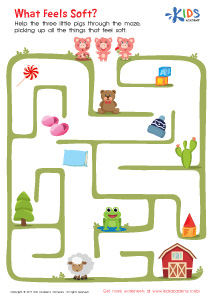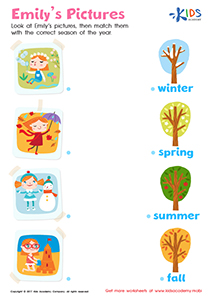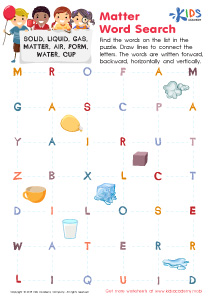Extra Challenge Life Science Worksheets for Ages 4-8
5 filtered results
-
From - To
Discover our engaging Extra Challenge Life Science Worksheets designed specifically for young learners aged 4-8. These worksheets provide an exciting opportunity for children to explore the wonders of life science through fun and interactive activities. Each worksheet is tailored to enhance critical thinking, foster creativity, and deepen understanding of essential concepts such as plants, animals, and ecosystems. Perfect for both classroom use and extra practice at home, our worksheets promote exploration and discovery while ensuring age-appropriate learning. Empower your child to dive into the fascinating world of life science with our thoughtfully crafted extra challenge worksheets today!
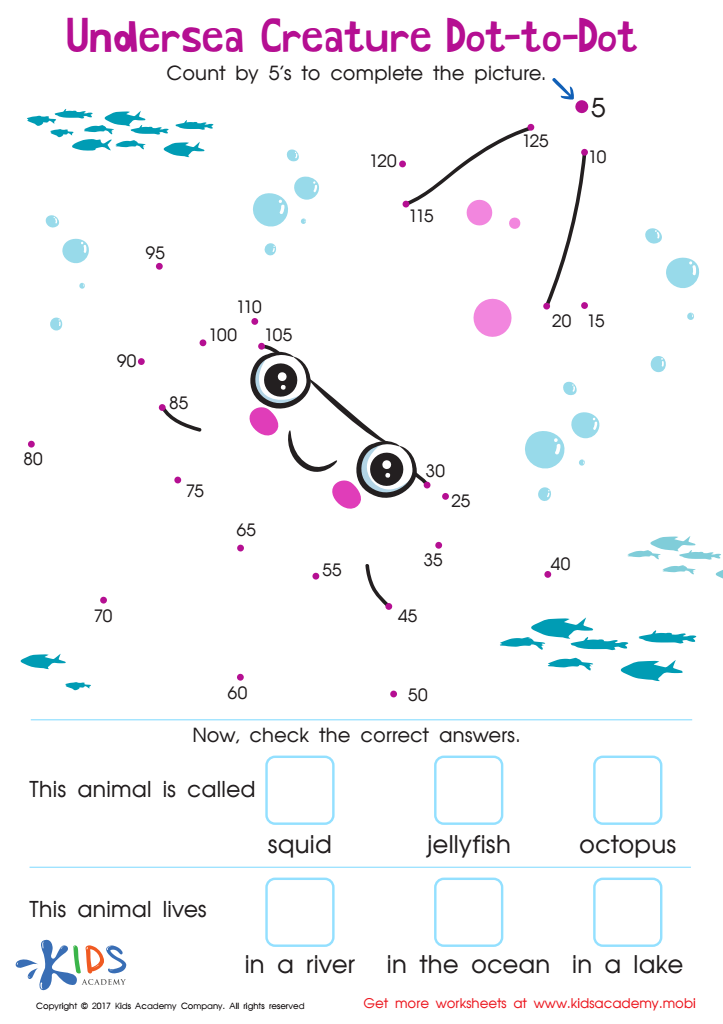

Undersea: Dot To Dot Worksheet
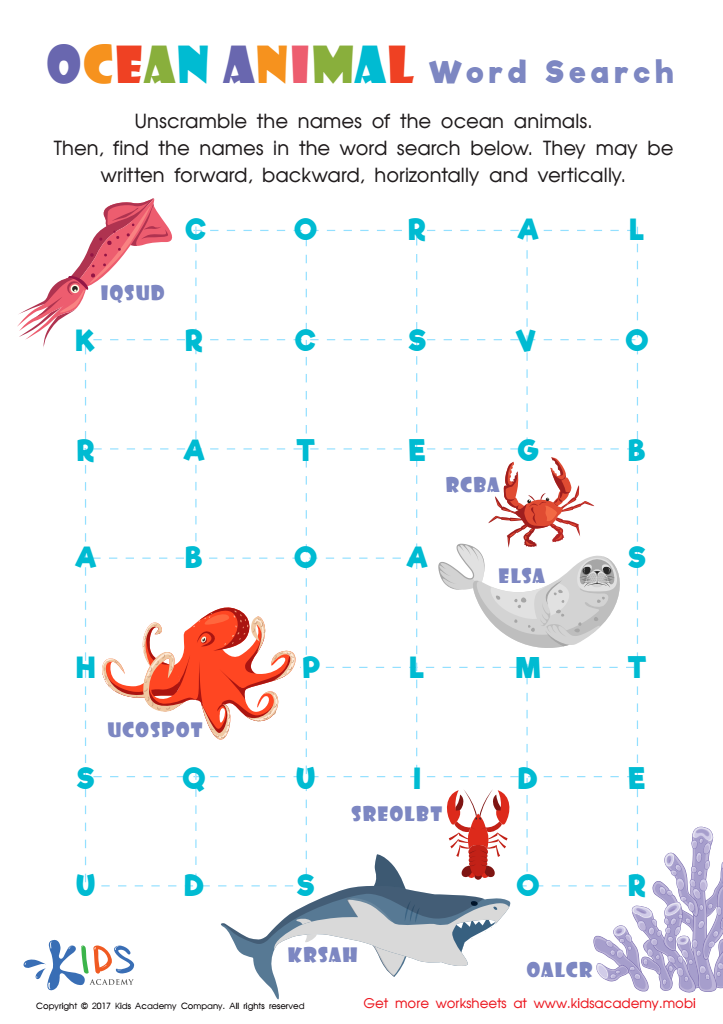

Ocean Animals Word Search Printable
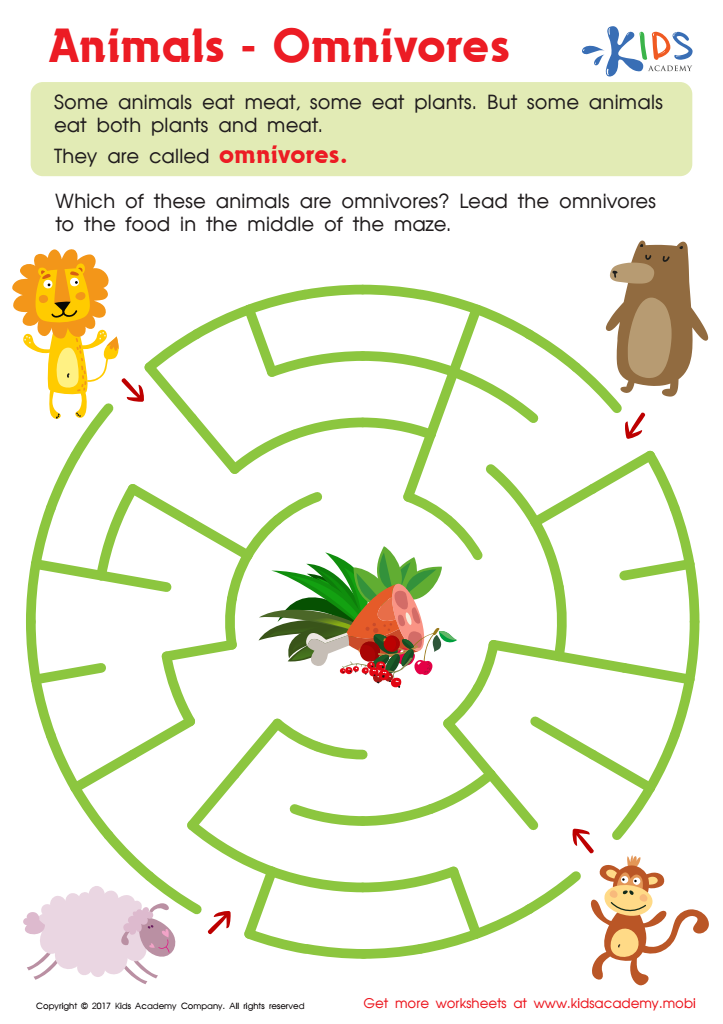

Omnivores Animals Worksheet
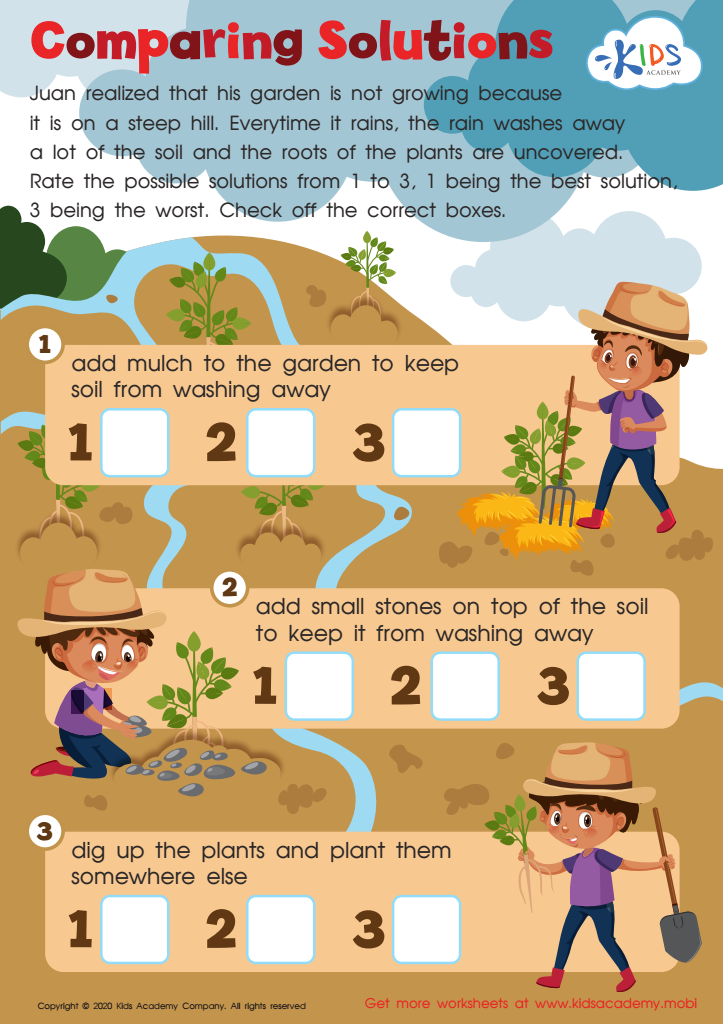

Comparing Solutions Worksheet
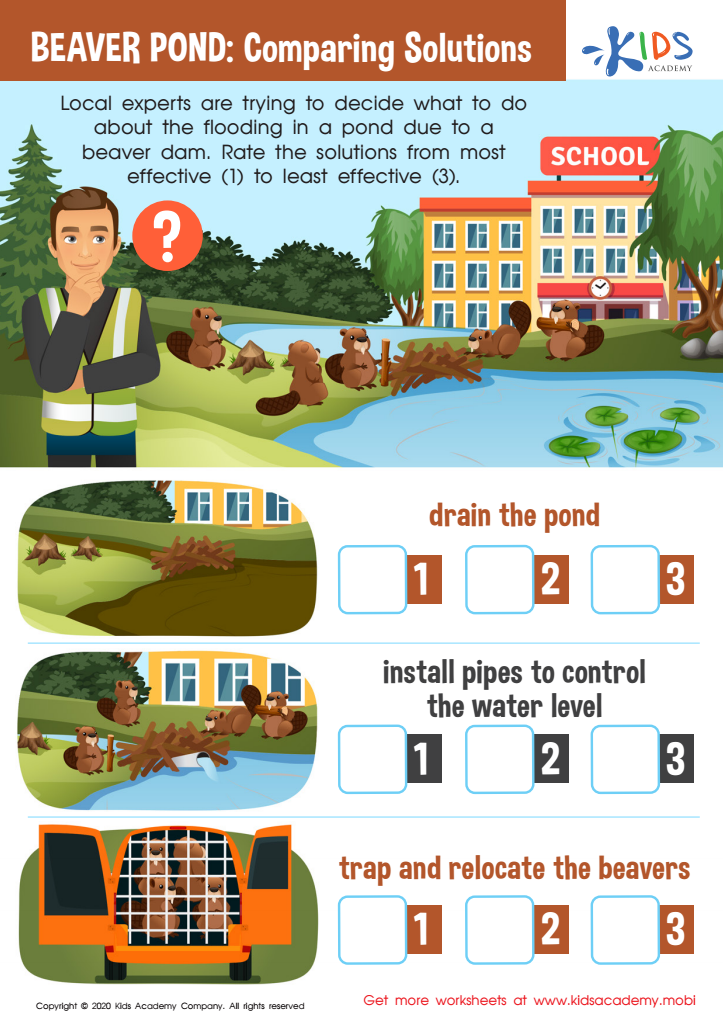

Beaver Pond: Comparing Solutions Worksheet
Parents and teachers should care about Extra Challenge Life Science for Ages 4-8 because it nurtures curiosity and foundational understanding of the natural world during a crucial developmental stage. Children are naturally inquisitive, and life science offers them structured opportunities to explore concepts such as living organisms, ecosystems, and bodily functions through engaging activities. This program promotes hands-on learning, enabling kids to investigate, observe, and draw conclusions about their environment, fostering critical thinking skills early on.
Additionally, Extra Challenge Life Science aligns with early education standards and encourages the integration of cross-disciplinary skills including literacy, math, and social studies. By introducing life science concepts through stories, projects, and experiments, children become active participants rather than passive recipients of information. This experiential learning creates a deeper retention of knowledge.
Moreover, understanding life science cultivates a sense of environmental stewardship and healthy habits, teaching kids the importance of nature, biodiversity, and their own health from a young age. As these learners grow, they'll be more informed citizens capable of making decisions that positively affect themselves and the world around them. Ultimately, investing time in life science today lays a strong foundation for a scientifically literate society tomorrow.
 Assign to My Students
Assign to My Students










